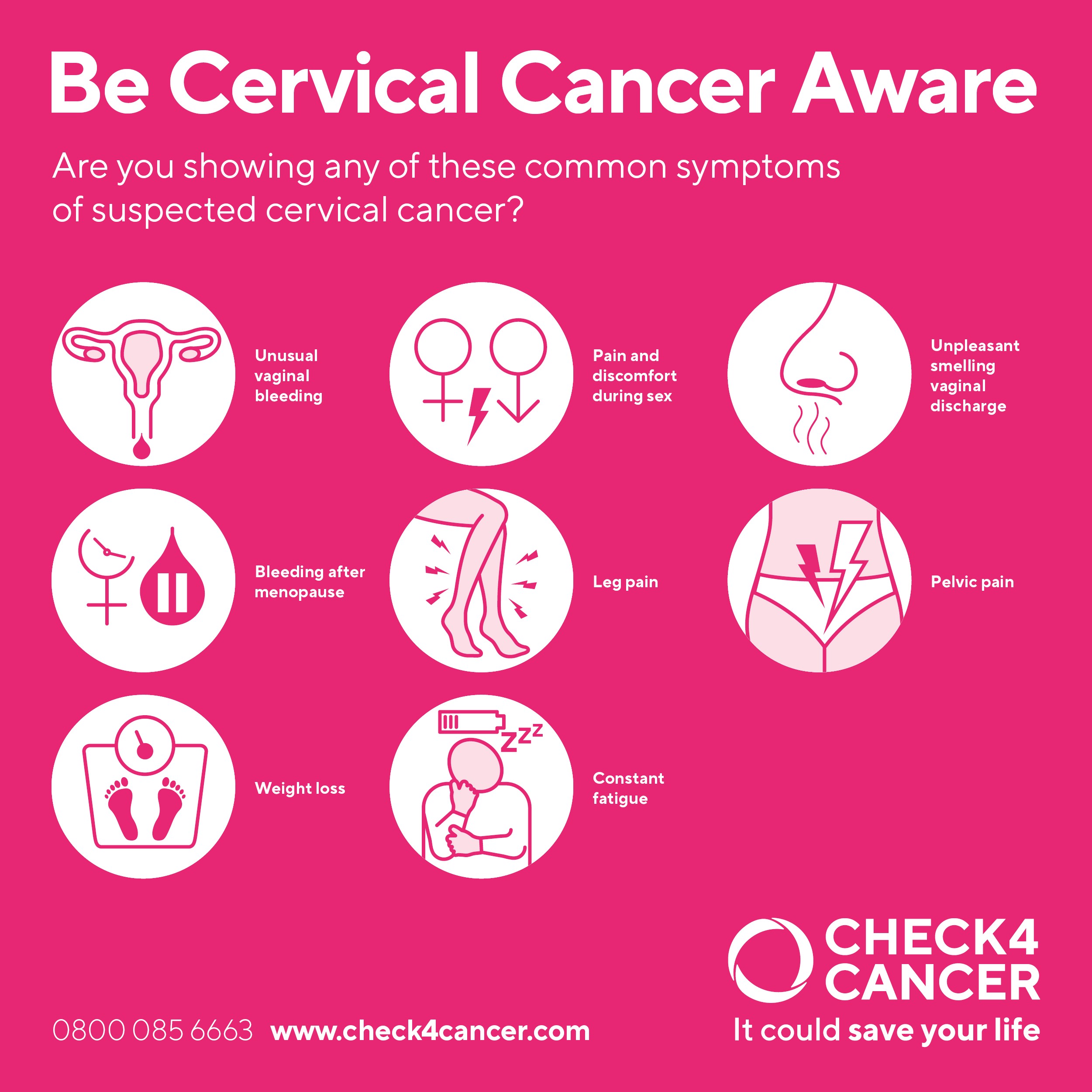A new cervical cancer treatment using cheap, existing drugs has been hailed as the biggest breakthrough in two decades.
Cancer Research UK funded a study involving 500 cervical cancer patients and reported “remarkable” results. It found that for women who had been given an intensive, six-week course of chemotherapy drugs before the usual chemoradiation treatment, the risk of death or of their cancer returning was reduced by 35 per cent.
Study authors hope the use of existing drugs – carboplatin and paclitaxel – means the treatment can be rolled out relatively quickly.
“This is the biggest improvement in outcome in this disease in over 20 years,” said lead investigator Dr Mary McCormack, from University College London’s Cancer Institute. “I’m incredibly proud of all the patients who participated in the trial.”
Paclitaxel and carboplatin are the names of a chemotherapy combination. It’s also known as PC and CarboTaxol. It is a treatment for a number of different cancer types.
Cervical cancer affects thousands of women each year, many in their early 30s. Despite improvements in radiotherapy care, cancer returns in up to a third of cases, meaning new approaches are very much needed.
Each year in the United States, about 11,500 new cases of cervical cancer are diagnosed and about 4,000 women die of this cancer.
